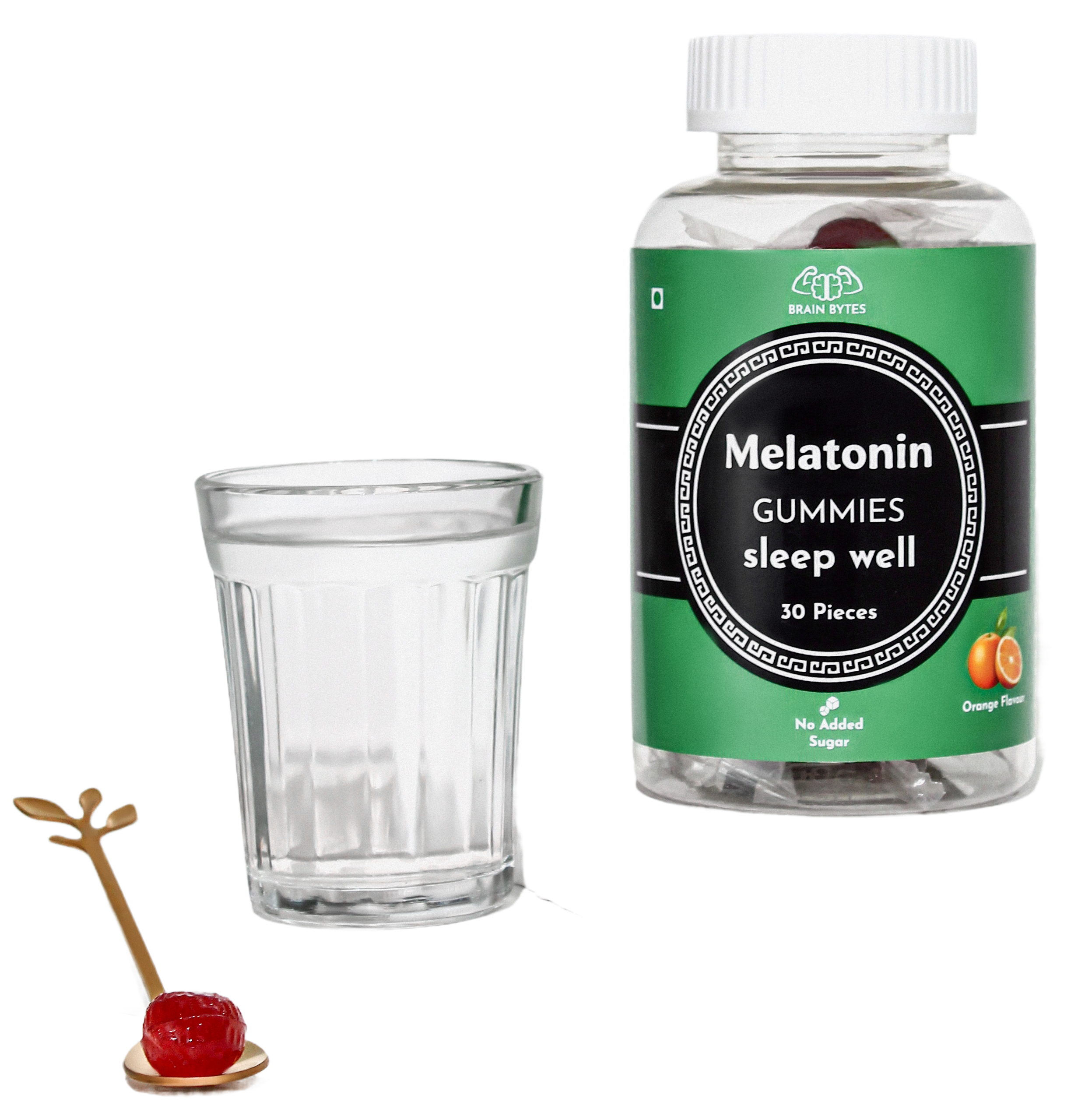
Undergoing surgery for a brain tumor is a significant step towards recovery, but the journey doesn’t end there. Proper post-surgery care is crucial for ensuring a smooth recovery and preventing complications. However, many myths surround post-surgical care for brain tumor patients. In this blog, we’ll bust some of these myths and provide practical tips for recovery, focusing on neuro disorders, glioma treatment, brain tumor treatment, tumor surgery, and brain cancer treatment.
Myth 1: Immediate Recovery is Expected
Reality: Recovery from brain tumor surgery is a gradual process that varies from person to person. While some may experience rapid improvements, others may take longer to regain their strength and functionality.
Tip: Be patient with yourself. Follow your neurosurgeon’s advice and attend all follow-up appointments to monitor your progress. Your medical team will guide you through the recovery stages, adjusting your care plan as needed.
Myth 2: Physical Activity Should Be Avoided
Reality: While rest is essential after surgery, completely avoiding physical activity can be detrimental. Light, supervised exercise can actually promote healing and improve overall well-being.
Tip: Engage in gentle exercises as recommended by your healthcare provider. Activities like walking, stretching, and light yoga can enhance blood circulation, reduce the risk of blood clots, and improve mood. Always consult your doctor before starting any new exercise regimen.
Myth 3: Pain Medication Leads to Addiction
Reality: When used as prescribed, pain medication is an effective tool for managing post-surgical discomfort and does not inherently lead to addiction.
Tip: Take pain medications exactly as directed by your doctor. Do not skip doses or take more than prescribed. If you have concerns about pain management, discuss them with your healthcare provider to find the best solution for your needs.
Myth 4: Dietary Restrictions are Unnecessary
Reality: Nutrition plays a critical role in recovery. A balanced diet can support healing, boost the immune system, and provide the energy needed for rehabilitation.
Tip: Focus on a diet rich in fruits, vegetables, lean proteins, and whole grains. Hydration is also vital. Avoid processed foods, excessive sugar, and caffeine. Consult a nutritionist if you need personalized dietary advice during your recovery from tumor surgery.

Myth 5: Cognitive Rehabilitation is Not Needed for Benign Tumors
Reality: Regardless of whether the tumor is benign or malignant, cognitive rehabilitation can be beneficial. Brain tumor treatment, including glioma treatment, often impacts cognitive functions such as memory, attention, and problem-solving.
Tip: Participate in cognitive rehabilitation programs if recommended by your medical team. These programs can help improve cognitive functions and provide strategies to cope with any deficits. Activities like puzzles, reading, and memory games can also be helpful.
Myth 6: Emotional Well-being is Secondary
Reality: Emotional and mental health is just as important as physical health in the recovery process. Ignoring emotional well-being can lead to complications such as depression and anxiety.
Tip: Seek support from a mental health professional if you experience feelings of depression, anxiety, or overwhelming stress. Support groups for brain tumor patients can also provide a sense of community and understanding. Mindfulness practices, such as meditation and deep breathing exercises, can help manage stress and improve overall well-being.
Myth 7: Once Surgery is Done, Follow-Up is Minimal
Reality: Follow-up care is a crucial component of brain tumor treatment and brain cancer treatment. Regular check-ups allow your healthcare team to monitor for any signs of recurrence and manage ongoing symptoms or side effects.
Tip: Keep all follow-up appointments with your neurosurgeon and other specialists. These visits are essential for tracking your recovery progress and addressing any new or persistent issues. Maintain open communication with your medical team and report any changes in your condition promptly.
Practical Tips for a Smooth Recovery
- Follow Medical Advice: Adhere to all post-operative instructions provided by your healthcare team. This includes medication schedules, wound care, and activity restrictions.
- Manage Symptoms: Be proactive in managing common post-surgical symptoms such as fatigue, nausea, and headaches. Use prescribed medications and home remedies as advised.
- Rest and Sleep: Ensure you get plenty of rest and maintain a regular sleep schedule. Quality sleep is vital for the body’s healing process.
- Stay Connected: Maintain social connections with family and friends. Emotional support from loved ones can significantly impact your recovery journey.
- Track Progress: Keep a journal of your recovery, noting improvements and any setbacks. This can help you stay positive and provide useful information for your healthcare team.
Conclusion
Recovering from brain tumor surgery involves more than just physical healing. It’s a comprehensive process that includes managing neuro disorders, adhering to glioma treatment protocols, and understanding the nuances of brain tumor treatment and brain cancer treatment. By debunking common myths and following practical tips, patients can navigate their recovery journey more effectively.
Remember, every patient’s recovery experience is unique. Stay informed, seek support, and be patient with yourself as you work towards regaining your health and well-being. Your dedication to following through with post-surgery care can make a significant difference in achieving a smooth and successful recovery.





